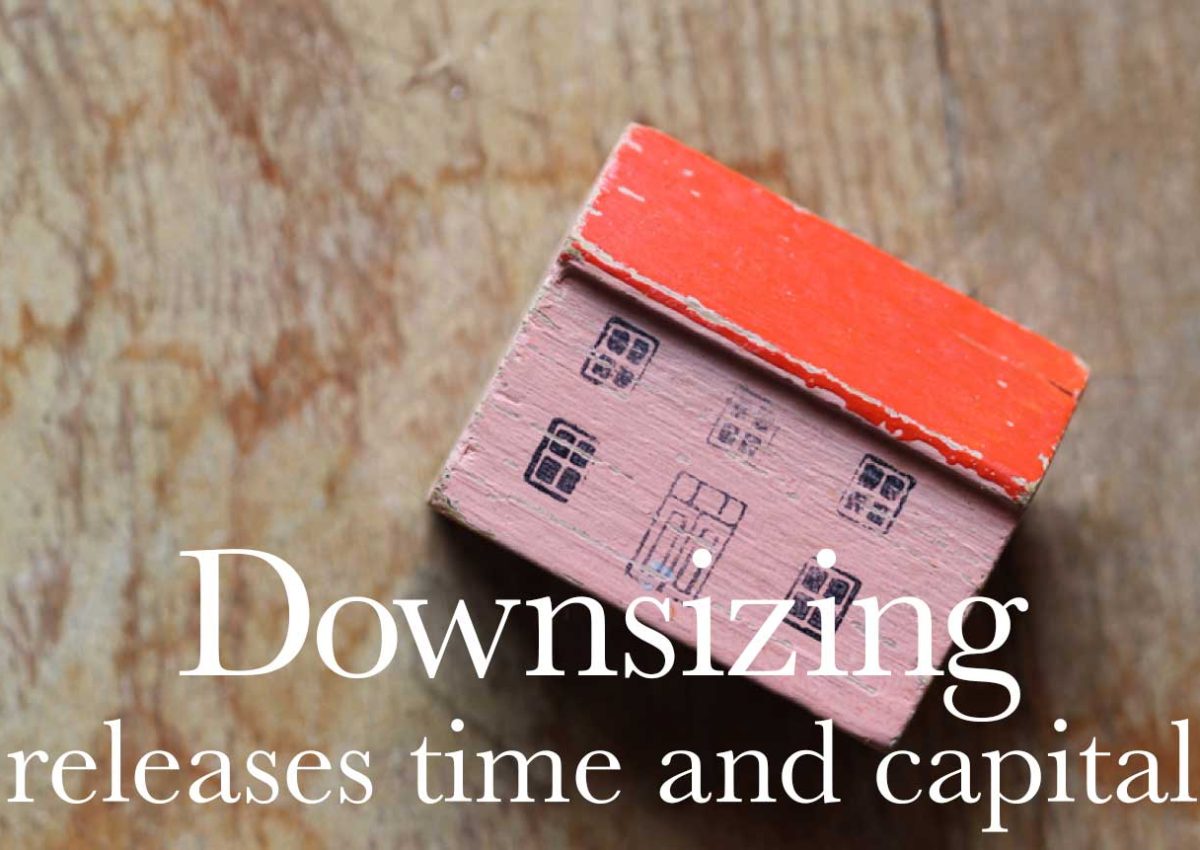Following on from our last post on getting your first home and the steps you need to take we thought we’d flesh out what you need to get your mortgage. After all the mortgage for most people is the most important step in getting their new home.
In short you will need the following things but nothing is simple or simply put when applying for a mortgage so hopefully this will help you cut through some of the jargon.
Three month’s payslips
P60 from previous tax year
Three Month’s Bank Statements
Proof of address
Proof of your identity
Proof of deposit
Any outstanding credit cards or loans
Other sources of Income
Self-Employed accounts
Getting a mortgage is not difficult but it appears that all lenders like to make the process as complicated as they can. Not sure why, maybe it deters ‘tyre kickers’ who are not really serious. Maybe it makes the whole process seem more ‘legal’ so you will take it seriously. It does often mean that you can feel bewildered and confused and willing to sign up to anything to stop the avalanche of paper.
And that is the clue to the whole process, paper, at least paperwork and more importantly the correct paperwork. Going in prepared not only speeds up the process but also shows you’re serious and ready to move.
If you have all your ducks in a row before you start you will keep the process moving along, you may even speed it up and that all adds up to less stress for you. The following few points will help you get your ducks and put them in the correct, mortgage lender, friendly rows.
Pay slips for the previous three months
Most people hold on to their payslips – if you don’t it can really slow down your application. Without them you can’t show that you are getting regular income. If you haven’t got the last three months payslips you can often get copies from your employers. If you have most of the slips for the last 12 months, even if you are missing ‘last month’s’ having so many others should still support your application. It’s still worth getting copies for any missing slips. The more slips you have may also help illustrate that you get a regular six month bonus or similar.
We also know that many people now only get an electronic payslip, each lender will have their own way of dealing with this; some will accept copies being emailed others want a print out. Either way it is still important to keep at least three previous payslips.
If you are self-employed you are probably thinking ‘this doesn’t apply to me!’ unless of course your company is Limited in which case you will have payslips. There’s a paragraph further down which does offer some advice for self-employed but as ever, it’s best to get professional advice from your accountant before you start looking for a mortgage.
P60 from last year
This is another of those ‘must keep’ pieces of paper, its another official way lenders can work out your income as it shows your previous earning from the previous tax year. This will definitely show any bonuses or other income generated from outside your current employment. If you have more than one year all the better.
Again, as with payslips, if you have lost them either your employer or your local tax office should be able to furnish you with copies. Definitely worth getting.
Bank Statements for the previous three months
You might be getting a hint of the fact that lenders need hard proof of your income, your bank statements can really help, especially if you have income from savings, pensions or other sources. Lenders love bank statements and it’s worth noting they only love the real thing or authenticated copies. This means if you have joined the paperless world that is online banking most lenders won’t be happy with you just downloading a .csv file of your statements. Again, check with the your lender but they may need print outs that are authenticated in an acceptable way.
If your lender does accept downloads or print outs from online files don’t miss off any columns, even if you feel the data has absolutely nothing of value, lenders hate missing bits, they become suspicious. Don’t forget to print out statements from any savings accounts you have at the same time.
This also means don’t miss off any date lines on the files. Don’t think it won’t matter that your printer has chopped off the last three days of March and it goes straight to April. Your lender will think something they should know about and you’re hiding, happened in those three days.
Proof of address
Your lender is going to want proof of your current address and it’s trickier than it seems. The simplest way is to provide them with Utility bills, however they will also take a printed bank statement – not one you have printed out – or your Council Tax bill. Some lenders will not countenance a bill from a mobile supplier or from any financial other than bank statement, so loan agreements are often not acceptable.
As with bank statements in the point before, if you haven’t got any, your utility suppliers may be able to supply with verified copies. However, if you are just starting this house buying process start keeping all these bits of paper in a file.
Proof of identity
You’d think this would be easy, you could go in with your Mum and she’d say ‘Yep, that’s him, I’d know him anywhere’ would be OK right? Not so. Once again you’ll need the correct paperwork.
The usual document for this is a passport, no photocopies or snaps taken with your phone but the real thing. If you don’t have a passport then you will have to ask your lender what else they will take as evidence. Many will accept a photo-card driving licence but don’t assume, ask them.
Proof of the deposit
This is where you prove to the lender that you have the money for your deposit. The deposit is the difference between how much you have agreed to to pay for the property and the amount the lender is willing to lend. As with other ‘proofs’ required, a statement from Bank or Building Society [or similar] will be fine.
If you are using several sources to get the deposit together you will need proof of all of them. This means if your parents have had a savings account for this very purpose or a policy which will mature, then they will need to provide evidence as well. They will also have to assure the lenders that they will have no share in the property going forward and that this isn’t a loan. See next point for why it can’t be a loan.
Any other finance
The lender will want to see all details of outstanding loans or finance and credit cards you have. It pays to be honest here because you will have provided bank statements which will show the money leaving your account and it will also show on your credit score. Taking the original agreement is always useful as it will show the term of the agreement. If you have two payments going out, both for £1000 loans you took out, they may reduce your credit score enough to stop you getting a mortgage. If however, you can show that both only have one more payment each then your lender may take a view on the mortgage.
The lender will perform a credit score check on you so it’s worth registering with one of the online services beforehand to get an idea of your credit score. There are many things which can effect it, some, like registering to vote are simple ways to increase the credit score and make your application more favourable.
The following are three of the more popular credit score services in the UK
www.clearscore.com
www.experian.co.uk
www.equifax.co.uk
Any other income
This could effect your application if not declared. The lender is looking for; Government benefits, income from interest earned, second jobs. If you are self-employed you will have to provide certain tax documentation, even if this is a second income. Your accountant should be able to help and advise.
Self-employed
Last point and often a very tricky position to try and get any finance. Self-employed are seen as much higher risk as their income isn’t ‘guaranteed’ so quite often they have to go through more ‘hoops’.
It is also harder to provide the documentation – such as P60 – that employed people can; especially hard if you are a sole trader. If you are a director of your own limited company then you will be able to provide pay slips. If you are director of a limited company you don’t own but have more than 20% stake [shares] then you will be treated as self-employed.
You should already have a fully qualified accountant – a book keeper, however good, is not suitable – and they will need to help you get at least three years of certified accounts ready to present.
Preparation is the key if you are self-employed, speak with your lender before you begin the process to see what paperwork they require then pass this to your accountant so there will be no delays in your application.
In fact, preparation, is a good piece of advice to end this on. Whilst all this may seem daunting if you keep all the paperwork you need you will help your application. As well as keeping it moving forward it will also show that you are sensible, organised individual with quantifiable income. These points will go along way in your favour with your application





